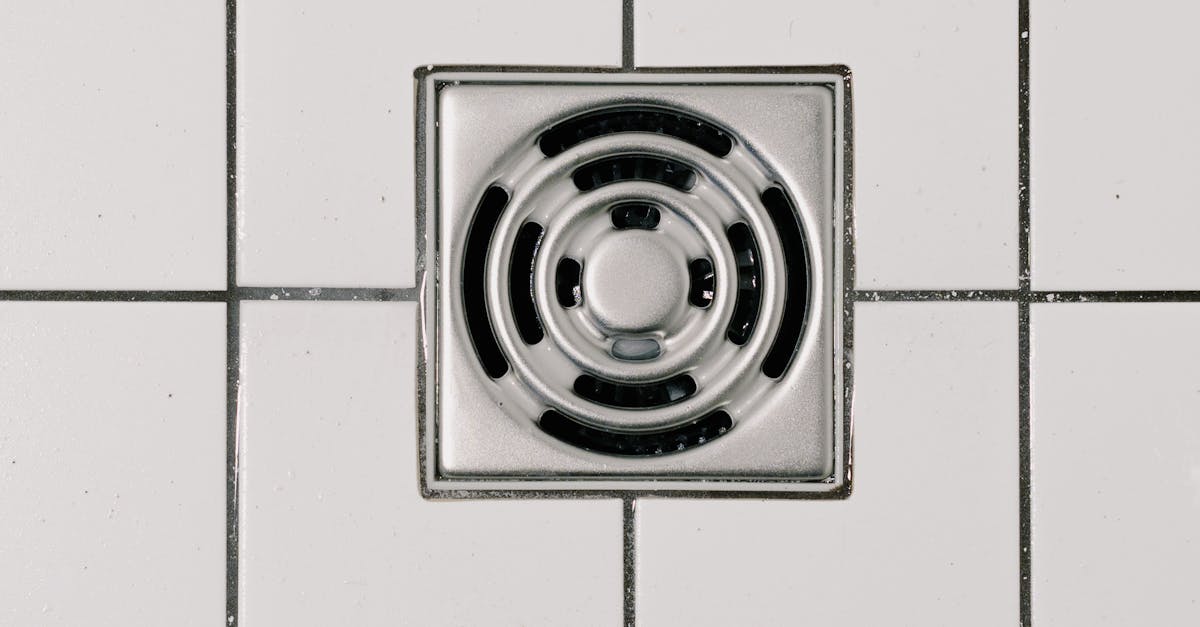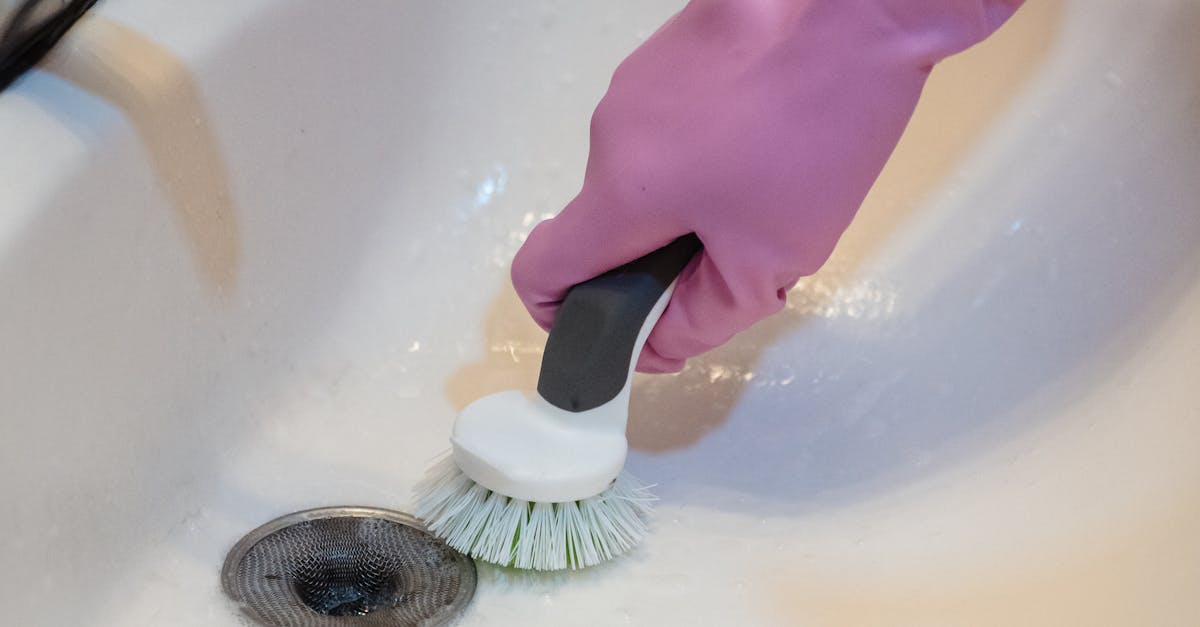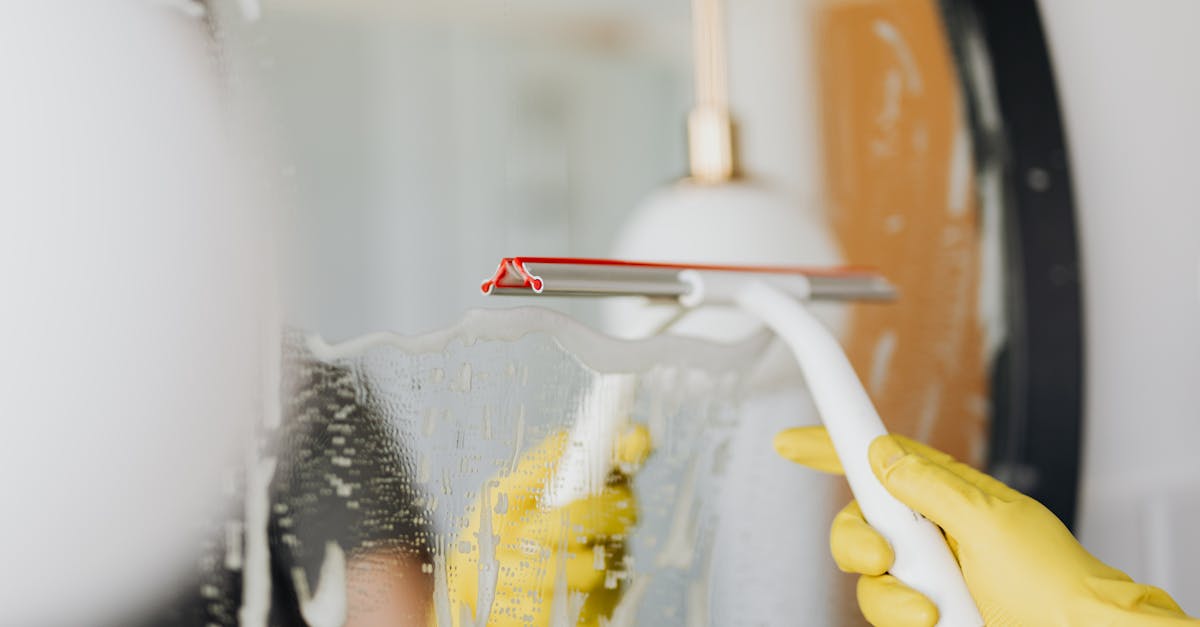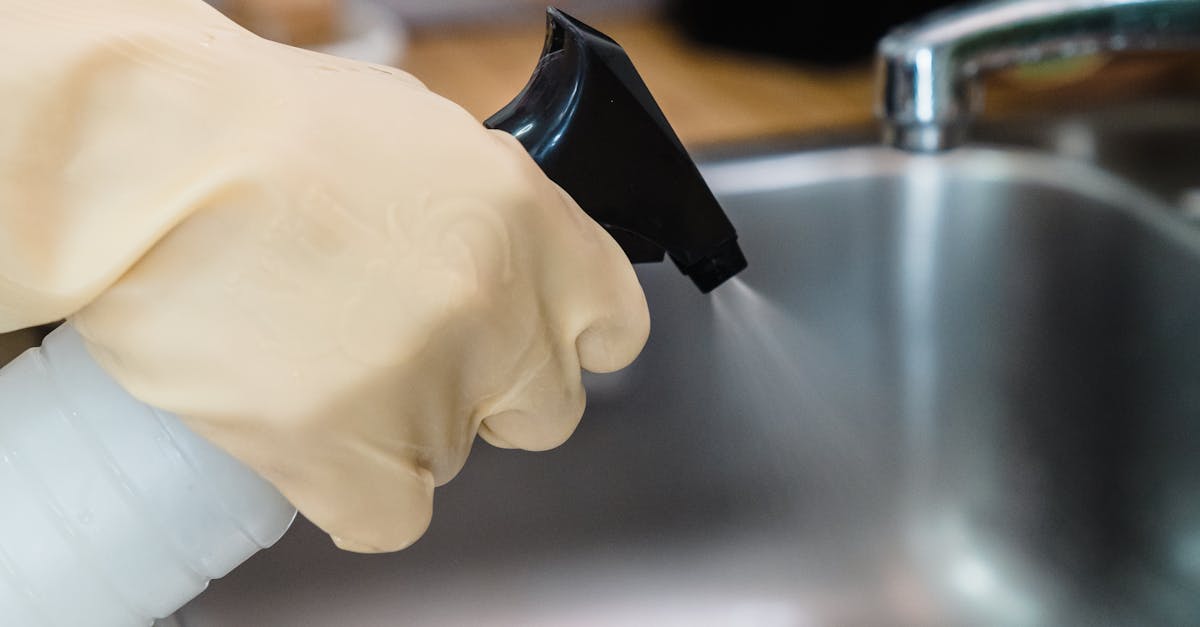
Table Of Contents
Plumbing Considerations
When considering a kitchen sink replacement, plumbing aspects play a significant role in determining the overall cost. The type of plumbing currently installed can affect how straightforward the sink installation and repair will be. For instance, if there is existing plumbing that is outdated or incompatible with the new sink design, additional modifications or replacements may be necessary. This can lead to increased expenses and extended project timelines.
Moreover, the location of the sink within the kitchen is another crucial factor. If a sink is situated in a less accessible area, the labour involved in the sink installation and repair could increase due to the difficulty in reaching pipes or brackets. Homeowners should also account for potential unforeseen challenges, such as corroded pipes or inadequate drainage systems, which may arise during the replacement process and further influence the final costs of the project.
Potential Impact on Overall Costs
When considering the costs associated with a kitchen sink replacement, it's essential to factor in both the immediate expenses and potential long-term considerations. Sink installation and repair can involve various elements, including the type of sink chosen, the complexity of the installation process, and whether any plumbing modifications are required. For instance, opting for a high-end material like granite or stainless steel can significantly elevate the initial investment compared to more basic options.
Moreover, additional costs may arise due to unforeseen issues during installation, such as the need for upgraded plumbing or structural repairs in the cabinetry. Homeowners should also consider the recurring expenses related to the quality and durability of the sink. Investing in a sturdy, high-quality product may mean higher upfront costs but can lead to savings over time through reduced maintenance and replacement needs.
Timeframe for Kitchen Sink Replacement
The timeframe for replacing a kitchen sink can vary significantly. Factors such as the complexity of the installation and the preparation required influence the duration of the project. Depending on the existing plumbing and the type of materials, sink installation and repair may be completed in just a few hours or might extend over several days. An experienced plumber can usually provide a more accurate estimate based on specific conditions and requirements.
Homeowners should also consider potential delays that might arise during the project. Unforeseen issues, such as needing to adjust existing plumbing or address water damage, can extend the timeframe considerably. Planning for these possibilities ahead of time can help manage expectations and streamline the replacement process.
How Installation Timeline Affects Cost
The timeframe for kitchen sink replacement can significantly influence overall costs. If the installation is part of a larger renovation, synchronising the sink replacement with other plumbing, cabinetry or countertop work may help mitigate expenses. On the other hand, a standalone installation may require a premium due to the necessity of scheduling separate tradespeople or the possibility of needing additional materials, all of which can escalate the budget.
Sink installation and repair can also be affected by the urgency of the job. If a sink needs to be replaced quickly due to a leak or damage, professionals may charge a higher rate for expedited service. Typically, longer timelines that allow for planned scheduling can lead to a more economical arrangement. Therefore, understanding the projected timeline for installation is crucial in managing costs effectively.
Importance of Quality in Kitchen Sinks
Selecting a high-quality kitchen sink can significantly influence both functionality and aesthetics in your space. Premium materials such as stainless steel, cast iron, or composite offer durability and resistance to wear over time. These materials not only withstand daily use but also maintain their appearance, reducing the need for frequent replacements or repairs. This quality makes a noticeable difference when considering long-term satisfaction with the product.
Investing in a better-quality sink can lead to substantial savings on sink installation and repair costs in the future. Cheaper options may lead to issues related to leaks or chips, resulting in additional expenses. A reliable sink protects your plumbing and ensures proper drainage, which is essential for any kitchen. Ultimately, choosing a high-quality sink not only enhances your kitchen’s functionality but also contributes to a more cost-effective approach in the long run.
Longterm Savings vs Initial Investment
When considering the purchase of a new kitchen sink, it's essential to weigh the long-term savings against the initial investment. Higher-quality materials may come with a steeper price tag but often have increased durability and functionality. A well-made sink could last significantly longer than a less expensive option, reducing the frequency of replacements or repairs over time. Choosing an efficient design can also minimise the need for future sink installation and repair, providing both financial and practical benefits.
Furthermore, selecting a sink that incorporates advanced features may lead to reduced water usage, contributing to lower utility bills. While the upfront cost could be considerable, these savings accumulate, making the investment worthwhile in the long term. Homeowners should consider their usage habits and lifestyle before making a decision and engage in research to find the right balance between budget and quality, ensuring the ultimate choice supports both immediate needs and future savings.
FAQS
What factors influence the cost of changing a kitchen sink?
The cost of changing a kitchen sink can be influenced by several factors including the type of sink you choose, the complexity of the installation, any plumbing modifications required, and the labour costs in your area.
How much should I budget for a kitchen sink replacement?
On average, you should budget anywhere from $200 to $1,500 for a kitchen sink replacement, including the sink itself and installation costs. High-end models and complex installations can significantly increase this estimate.
Will replacing my kitchen sink affect my plumbing?
Yes, replacing your kitchen sink may require some plumbing adjustments, such as changing the plumbing configuration or replacing old pipes, which can add to the overall costs.
How long does it typically take to replace a kitchen sink?
The timeframe for replacing a kitchen sink usually ranges from a few hours to a full day, depending on the complexity of the installation and whether any additional plumbing work is necessary.
Is it worth investing in a high-quality kitchen sink?
Investing in a high-quality kitchen sink can lead to long-term savings due to increased durability, better functionality, and reduced need for repairs or replacements in the future, making it a worthwhile investment for many homeowners.





























